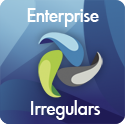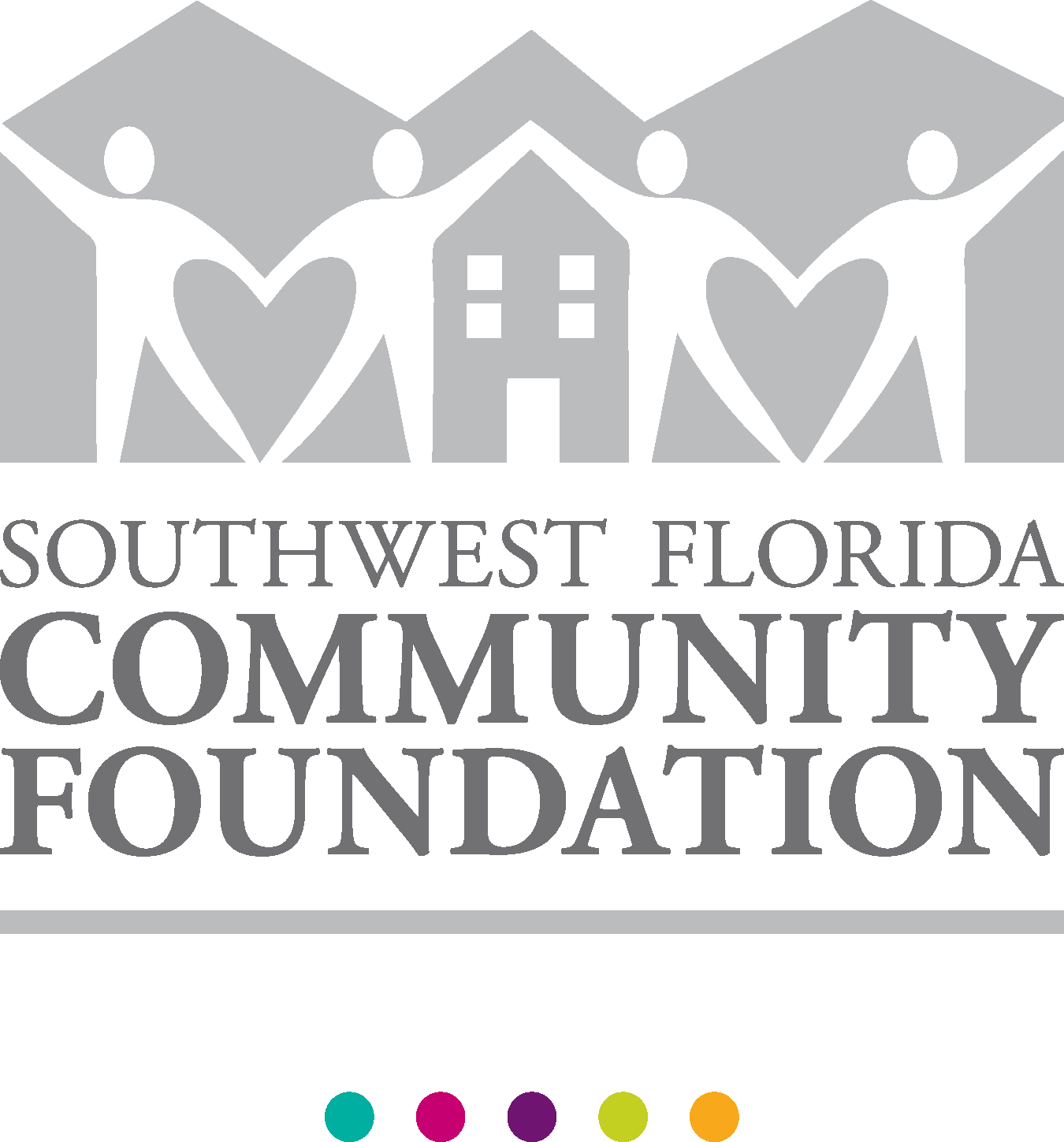Updated 12-16-2011 after the 12-15-2011 announcement of Salesforce.com’s acquisition of Rypple. If there was any doubt left in your mind that I’ve been working in the hottest, sexiest corner of enterprise software, you’ve been living under a rock. After all, in a world of subscribed software where subscription pricing is most often correlated with “seats,” there’s no group of applications that touches more people, that can be priced with more “seats,” than HRM. We touch absolutely everyone. And in an enterprise software push toward the consumerization of the user experience, nowhere does this create more stickiness at subscription renewal time than when you’ve touched everyone in an organization — and beyond. With Salesforce.com now focused on expanding their product offering into my space, let me welcome Marc Benioff to the neighborhood and wish him well. And please don’t hold your breath on my ever completing a magnum opus on the consolidation in the HRM enterprise software market. If last night’s email/DM/etc. flood is an indicator, there’s no way even my fabulously nimble fingers can keep up with all of this while the rest of me has a life.
I’m still working on my magnum opus (perhaps never to be finished?) post on the SAP/SFSF/Jobs2Web/all things consolidation in the HRM enterprise software market, but one question keeps pushing its way to the surface, demanding a quick post. It’s a much broader question: what just happened to the talent management (TM) technology spend? SFSF faced some impressive headwinds and did the best possible deal — an incredibly good financial deal — before those headwinds were obvious to all. But they’ve been obvious to me for some time — and not just those facing SFSF. One of those headwinds goes like this:
- Especially for larger companies with a big investment in their ERP/HRMSs, they’re now getting (something that wasn’t true even a year ag0) a very plausible “stay with your current partner” for TM story. Oracle now has Fusion TM ready to go — lots to build out, but it’s moving — and now SAP has SFSF. With both of these “stay with your current vendor” stories, there are the usual enticements, including (1) fewer vendors with whom to deal, (2) fewer moving parts to integrate, (3) a good bit of the integration, if not done by at least made easier by vendor-provided tools, and (4) “have we got a deal for you” on pricing.
- These same companies, if they decide it’s time to “rethink, rip & replace,” also have a new set of options. Workday, for example, is ready to take these folks on with considerable organically built TM and fully integrated, “in the cloud,” partners for the parts of staffing and learning that Workday doesn’t, as of WD15, do.
- And, these same larger companies still have the option of staying with their ERP/HRMS vendor and augmenting what that vendor delivers with one to many TM applications, from one to many vendors of same, to include getting several from a so-called talent management suite vendor (knowing that some of those are truly integrated suites and many others are not).
As recently as a year ago, a considerable portion of the total flow of TM software $$ was going to TM software vendors. Now that flow is going to be split among (1) Oracle and SAP pushing their own new TM products into their installed base, (2) more “rethink, rip & replace” deals where there’s a lot of TM functionality and more coming every day from a next generation ERP/HRMS vendor, and (3) those TM single and suite vendors. So while I’m absolutely not a financial analyst, this sure sounds like a smaller proportion of the overall talent management spend will be going in the future to TM vendors than has been going to them over the recent past. If so, wouldn’t you expect those vendors’ revenue growth trajectory to be affected? Their costs of customer acquisition to be higher? The value of these companies as acquisitions or via stock market valuations to be lower?
If I’m right, then there’s another 1+1=3 aspect to the SAP/SFSF deal. But that would also mean that the remaining independent TM vendors will be sharing a smaller piece of the overall pie. Hmmmm..







Naomi, having a 8.9 Peoplesoft solution in place, should I wait for Fusion and now Taleo, or should I cut the link and go workday? I saw Fusion and I wasn’t impressed, but the acquisition of Taleo made me have second thoughts…
Edgar, I’m sure you know that the right answer for you lies in a much deeper analysis of your organization’s needed business outcomes, what the HRM side of the business must accomplish in order to drive those business outcomes, and what that means for your overall HRM delivery system. Without that deeper analysis, there’s no way to make a reasoned and business case-based recommendation for your future state HR technology strategy. But I am curious why, if you weren’t impressed with Fusion, you would think that Oracle’s acquisition of Taleo would make a difference in your thinking.
I think with web based technologies growing so rapidly the industry will see something interesting turns in the near future.
Hi Naomi. I think you’re right about the general direction, and I think it will happen rather gradually. The time, cost, and complexity of migrating enterprise systems wasn’t so much of an issue during the boom years of ERP and CRM, but it is now, and that will make it harder to justify the switch. Something that could change the timing or inflection of this trend is the arrival of innovative TM technologies that greatly improve the payback on HCM/TM systems investment. Our company has created a new ‘technology of teaming’ (TGI Role-Based Assessment) that could have this kind of impact.
Or conversely you could argue that by being consumed by an ERP, a TM vendor is closing its doors to customers of the other ERP, and only doing business with customers of their acquirer who often aren’t exactly delighted with their ERP system.
Yes, I believe that SFSF will now find some to many, perhaps even most, prospects who run on non-SAP foundations falling off their prospect list, but they will now be sold by hordes of SAP salespeople into that huge installed base and with considerable potential advantages cited for those customers to stick with SAP-provided SFSF. Net net, both SAP, with SFSF, and Oracle, with Fusion TM, have a lot more to offer their installed based when it comes to TM than they did before this deal. And I believe that the net losers of overall talent management spend, which had previously been these same ERP/HRMS vendors, will now be the best-of-breed TM vendors.
This is a cycle we’ve seen repeatedly in our industry. Examples include: packaged core HRMS took over from custom builds once those packages reach the tipping point in terms of economic advantage and good enough capabilities, niche self-service vendors were replaced by HRMS/TM vendor self-service once those products were considered good enough, TM vendors took over the TM spend from ERP/HRMS vendors when those TM vendors offered enough more and better functionality to warrant the integration/vendor management/etc. challenges of dealing with the add-ons. With ERP/HRMSs now having much more TM to offer — and with Workday and ADP building TM right into their complete offerings — it’s the TM vendors who will now lose some of that spend. So I’m expecting more consolidation among them, less sales momentum in 2012 and beyond for some to many of them, and lower valuations overall for that particular group of best-of-breed HRM enterprise software vendors.